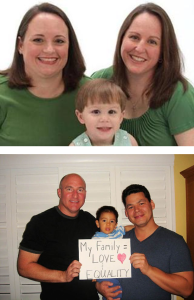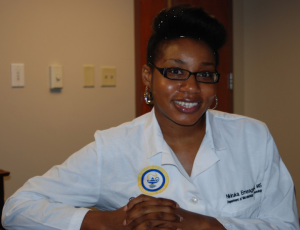After my very popular blog two weeks ago titled “Five Things to Never Say to Gay People” (Link), I am following it up with these five common misconceptions about gay people. I thank some of my readers who gave me some of these ideas.
1. It’s a “white person’s thing.” The one cool thing about the LGBT community is that is intersects with every race, culture, country. Didn’t we all gasp when the president of Iran told an Ivy League audience “we don’t have gay people in Iran.” (Link to article) Perhaps there is some “inherent racial prejudice” with the LGBT community and we in leadership need to be very proactive and vigilant to assure our whole community are represented and are at the table.
2. Gay people don’t have kids. The demographics are continually shifting and more and more same gender couple are having children via natural childbirth methods as well as adoption. Also many gay people have
children in earlier marriages before coming out as gay. FACT: the percentage of same-gender household raising children increased from 17% in the 2000 US Census to 25% in 2010! (Link to ABC news article)3. All gay people think about is sex – sex – sex. Maybe it just seems that way because many LGBT people may not have as many hang ups as other people about sexuality. Seriously, gay people also think about work, finances, hobbies, their communities and family… which brings us to:
4. If I am straight, my gay friends all want to make a pass at me. Most LGBT people are sensible enough to realize that their straight friends are not going to be interested sexually in them, plus why would we want to ruin a good friendship? Finally, don’t flatter yourself and assume you are your gay’s friends type anyway. Many gay people are very picky. (Smile)
5. All gay men are feminine (and drag queens) and all lesbians are masculine. Not true. Even though LGBT people are often fine with exhibiting both their masculine and feminine sides, there is a wide range of gender expression across the LGBT community. NOTE: it is very dangerous to jump to conclusions about someone’s sexual orientation based on their feminine or masculine qualities. Also this stereotyping is particular dangerous to our young people – we do not need gay male teens thinking the only careers for them are hair stylists and interior decorators, and all lesbian teens thinking they need to be truck drivers or mechanics. Pplease, no offense meant to hair stylists, interior designers and truck drives – LGBT people make great ones!)


